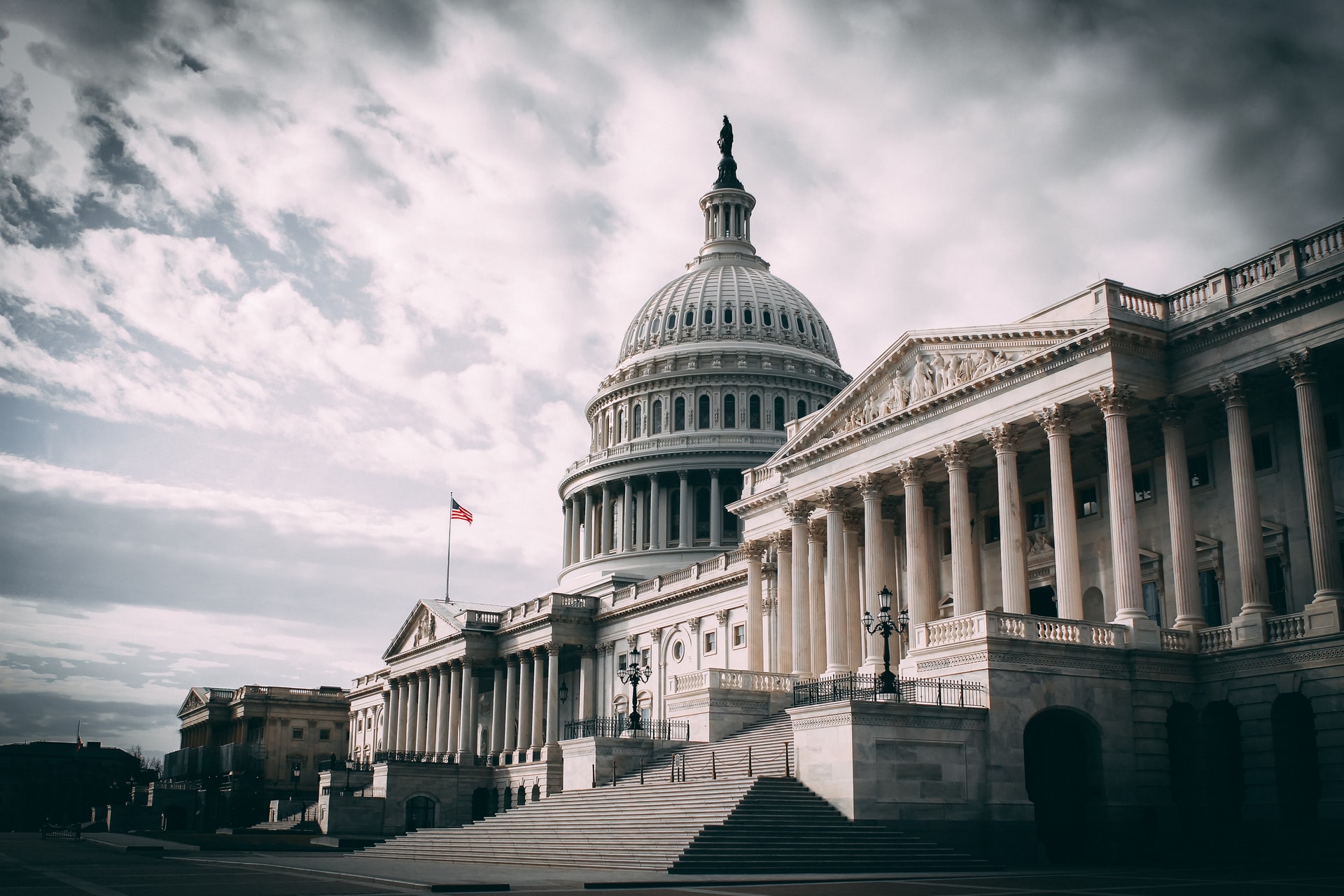In an article penned by tax experts Benjamin M. Willis and Ryan J. Dobens which quickly created a buzz, the authors predict the House’s version of Biden’s Build Back Better Act will not likely make it past the Senate in its current form.
Section 138149 of the Build Back Better Act would reduce the exclusion of qualified small business stock (QSBS) to 50% (from 100% currently) for noncorporate taxpayers with an adjusted gross income of more than $400,000.
Willis brings his expertise having once worked for the Treasury Office of Tax Policy, IRS, and Senate Finance Committee, after spending time working with international tax groups at PwC. Dobens is a CPA and partnership taxation attorney who worked in PwC’s mergers and acquisitions tax group and advised on many QSBS matters.
Does President Biden support changing QSBS?
Together, Willis and Dobens investigate President Biden’s history previous position on supporting small businesses, QSBS and his understanding of the role small businesses play in the American economy.
The history of QSBS goes back to 1991 when Senator Dale Bumper’s legislative piece acknowledged small businesses and the high-risk ventures associated with them. He suggested these small businesses should be given tax deductions, and this framework became what is thought to be the basis of Clinton’s Omnibus Reconciliation Act of 1993. President Biden supported this bill during this time in the Senate in the early 1990’s.
When Section 1202 was signed into law, a move was made to increase the capital gains exclusion from 50% to 75% in 2009 (under, then Vice-President Biden’s watch) and increased further to 100% in 2010. The authors make the case that reversing this piece of legislation is counterproductive to what the original increase was intended to do: stimulate the economy and encourage capital flow. Biden believed at the time supporting small business investors was essential to helping an economy recover from the Great Recession.
Now as President, with a volatile economy facing many uncertainties, one would argue whether Biden would turn his back on the small business investor community now.
QSBS provides “kindling to fire up the economy”
Small businesses are known to have short life-cycles, many not reaching their 10 or 15 year milestones. A cut in QSBS tax incentives would have adverse effects, and instead of stimulating the economy, it would defer many from ever taking the chance of starting up at all. Biden’s advocacy for the small business predates his role as President. He understands the importance of small businesses in this country. The authors describe startups as “kindling to fire up the economy after a recession.”
Now is the time. Rather than cutting existing parts of the QSBS program, the authors argue we should expand upon it. Many businesses are experiencing growth pains as a result of battling through the Covid pandemic. For some, the pains were too great, resulting in closures and loss.
Willis and Dobens believe QSBS should be expanded to include industries such as restaurants, who were previously excluded among qualified QSBS businesses. Restaurants were severely impacted by the pandemic, forced to shut down and limit operations resulting in financial losses for many. A QSBS program for restaurant owners would provide incentive for investors to pour capital into an industry needing support right now.
We agree with the authors that history points back to a Biden record of supporting small business investors in his roles as Senator, Vice-President and now President. In the effort to make generational changes with the Build Back Better Act, as the authors conclude, “why go halfway with QSBS?”
This article does not constitute legal or tax advice. Please consult with your legal or tax advisor with respect to your particular circumstance.

